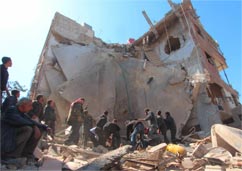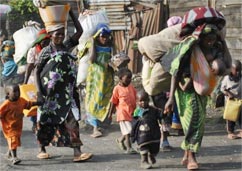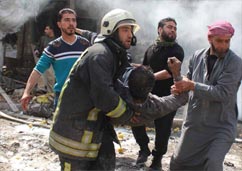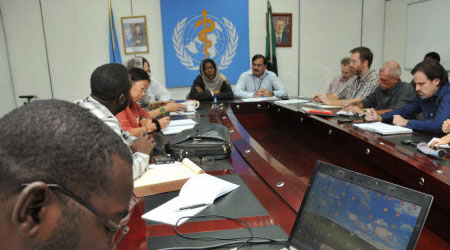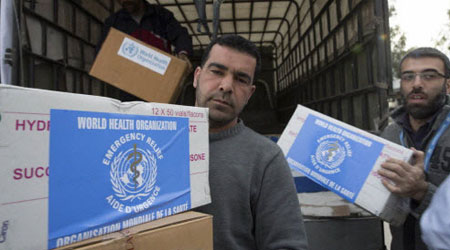Top story
Famine confirmed for first time in Gaza
Famine confirmed for first time in Gaza
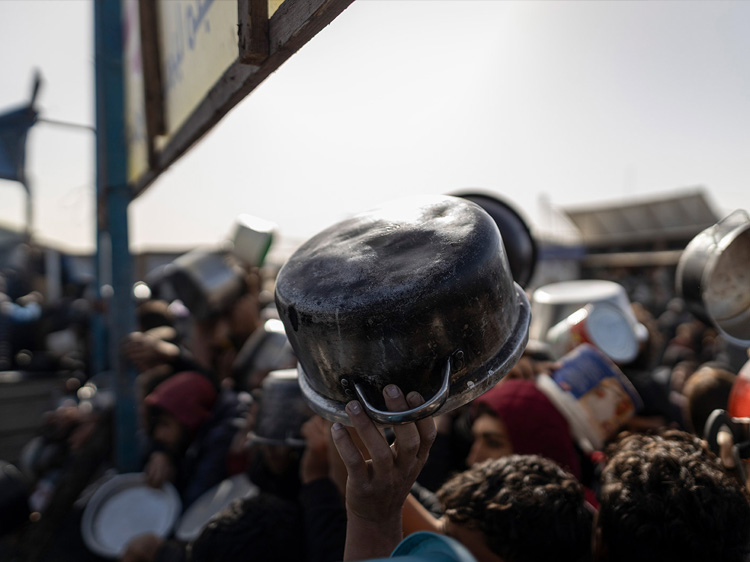
22/08/2025- ROME/GENEVA/NEW YORK – More than half a million people in Gaza are trapped in famine, marked by widespread starvation, destitution and preventable deaths, according to a new Integrated Food Security Phase Classification (IPC) analysis released today. Famine conditions are projected to spread from Gaza Governorate to Deir Al Balah and Khan Younis Governorates in the coming weeks.
The Food and Agriculture Organization of the United Nations (FAO), UNICEF, the United Nations World Food Programme (WFP) and the World Health Organization (WHO) have collectively and consistently highlighted the extreme urgency for an immediate and full-scale humanitarian response given the escalating hunger-related deaths, rapidly worsening levels of acute malnutrition and plummeting levels of food consumption, with hundreds of thousands of people going days without anything to eat.
The agencies reinforced that famine must be stopped at all costs. An immediate ceasefire and end to the conflict is critical to allow unimpeded, large-scale humanitarian response that can save lives. The agencies are also gravely concerned about the threat of an intensified military offensive in Gaza City and any escalation in the conflict, as it would have further devastating consequences for civilians where famine conditions already exist. Many people – especially sick and malnourished children, older people and people with disabilities – may be unable to evacuate.
On World Humanitarian Day, health workers in Syria carry hope forward
On World Humanitarian Day, health workers in Syria carry hope forward
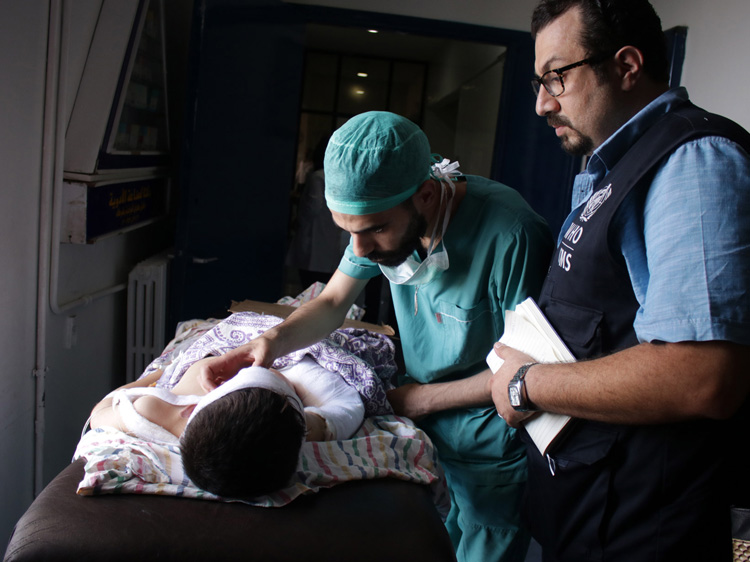
19 August 2025, Syrian Arab Republic – On World Humanitarian Day, we pause to honour those who, in times of crisis, step forward to help the millions whose lives hang in the balance. In Syria, where more than 14 years of conflict have left the health system fragile and overstretched, it is a responsibility health workers and communities carry every day.
So far this year, the World Health Organization (WHO) has confirmed 31 attacks on health care in Syria. Health facilities, ambulances, medical supplies and health workers have all been targeted. Five health workers have been killed while serving their communities. These are the conditions health workers face as they seek to support their communities.
One of the world’s largest humanitarian crises persists. More than 16.7 million people inside Syria need urgent humanitarian health support. Around 7.4 million remain displaced, while over 4.5 million Syrian refugees live in neighbouring countries. Many still hope to return home – a reminder that strengthening health services in potential areas of return is essential.
WHO expands trauma and mental health support to protect Somalia’s health workers
WHO expands trauma and mental health support to protect Somalia’s health workers
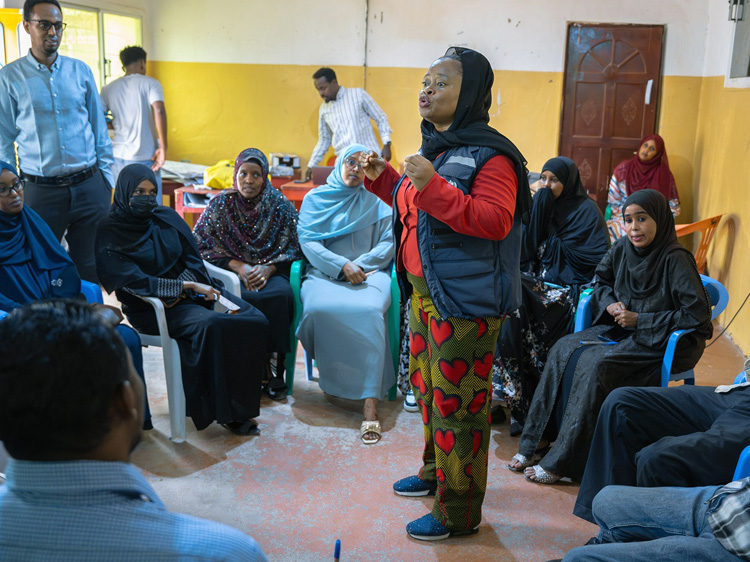
19 August 2025, Mogadishu, Somalia – In Somalia’s under-resourced hospitals, trauma patients often arrive to find blood supply and essential medical equipment shortages, trauma teams with limited capacity and inadequate systems in place for handling a surge in trauma patients. During mass casualty incidents these limitations cause delays that put lives at risk.
As violence escalates in parts of Jubaland and Somaliland, Somalia’s emergency health system and first responders face mounting challenges. Health workers, including doctors, nurses, security staff and cleaners, regularly operate under high pressure. They must make critical decisions while managing the emotional and physical demands of repeated exposure to trauma. Over time, this sustained stress can negatively impact their well-being and ability to deliver quality care.



